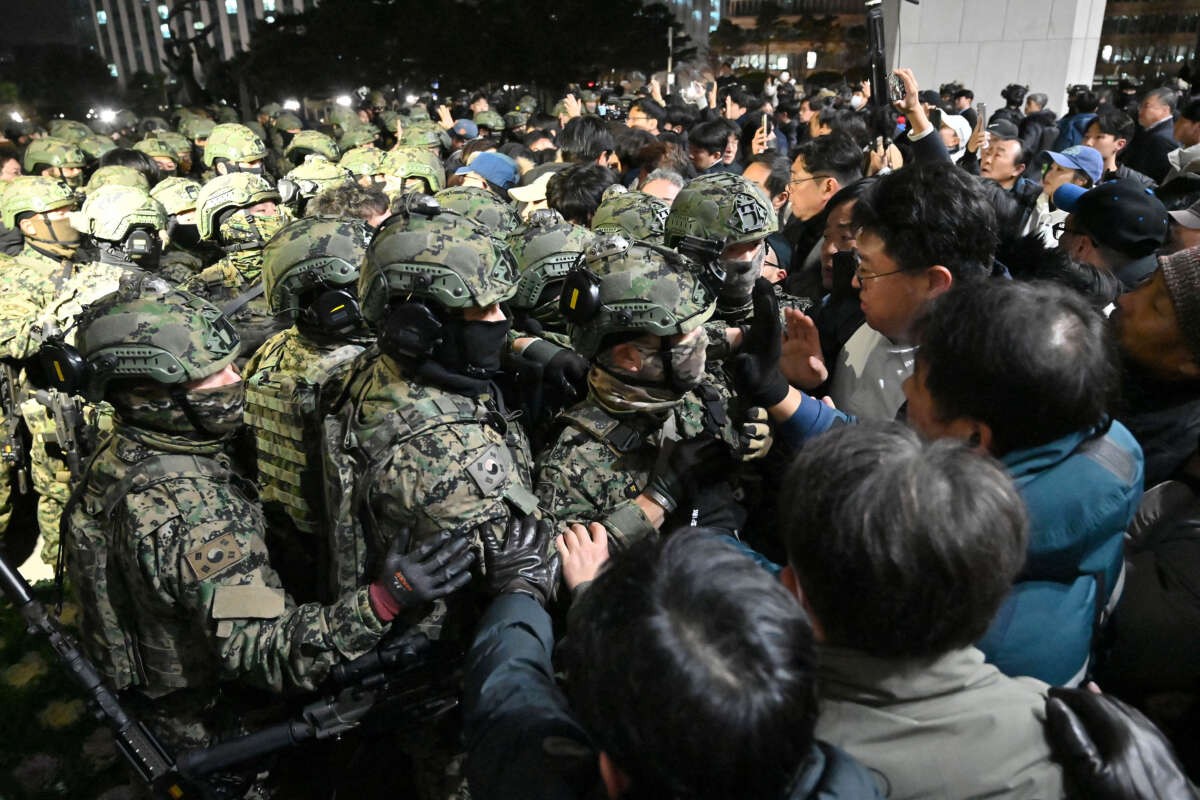
In the wake of President Yoon Suk-yeol's unexpected martial law declaration on December 3, South Korea experienced a surge of cyberattacks that briefly sent shockwaves through the nation.
False narratives spread rapidly across social media and messaging platforms, with some claiming tanks were patrolling streets and opposition figures were being arrested in nighttime raids. Other unsubstantiated rumors suggested the existence of "assassination squads" targeting progressive voices.
While many of these claims were quickly proven false, the incident highlighted South Korea's ongoing struggle with misinformation, despite the country's high education levels and digital literacy. Political actors and some news outlets continued spreading unverified information about the developing situation even after initial fears subsided.
Experts point to several factors fueling this phenomenon. decades of perceived collusion between media outlets and politicians have led to widespread public distrust in traditional news sources. Additionally, government restrictions on fact-checking platforms have hampered efforts to combat false information.
However, there were positive signs amid the chaos. Many South Korean citizens actively worked to debunk false claims, demonstrating growing awareness of misinformation risks. This grassroots fact-checking response suggests progress in the nation's ability to combat disinformation.
The martial law declaration period revealed both the persistent challenges and evolving capabilities of South Korean society in handling waves of misinformation during times of political uncertainty.